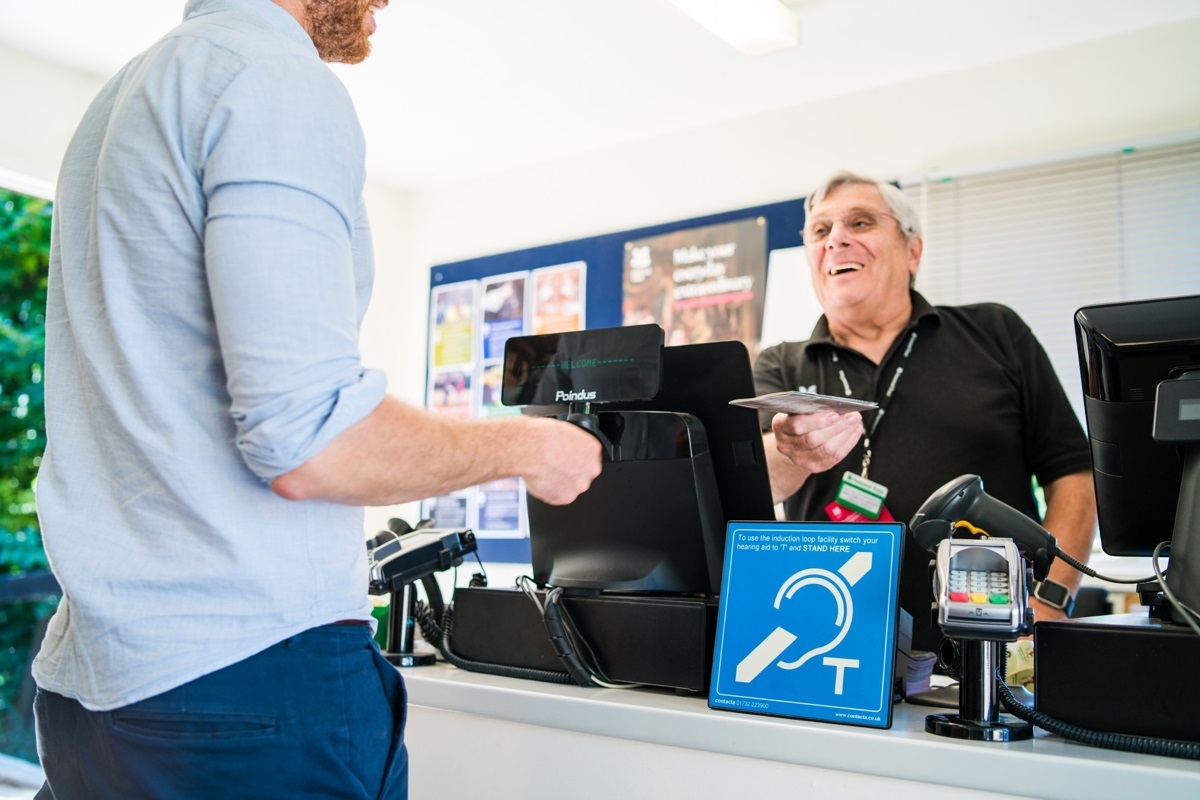The induction loop systems have completely altered how people who cannot hear or are hard of hearing engage with their environments. These state-of-the-art devices eliminate ambient noise and provide crystal-clear audio by directly transmitting signals to hearing aids with telecoils.
induction loop systems have seen extensive use across various industries and settings despite their initial development to improve accessibility for those in need of hearing aids.
Induction Loop: A Common Tool
While induction loop systems were initially designed to help people who are deaf or hard of hearing, they have since been extensively used in many fields and settings. These include but are not limited to the following factors:
1. Civic Halls and Theaters
The induction loop system is a great way to ensure that people with trouble hearing can still enjoy live theater performances.
Thanks to these systems, audiences with hearing aids that have telecoils might enjoy a better listening experience. These systems are typically linked to the venue’s sound system.
2. Spiritual Sites
Many houses of worship, including mosques, temples, and churches, have induction loop systems installed to help the hard-of-hearing attend services. These devices allow each congregation member to participate fully in the sermons, prayers, and hymns.
3. Spaces for Conferences and Meetings
Conference rooms, meeting spaces, and boardrooms often have induction loop systems installed. It helps with customer and employee communication.
These solutions promote inclusivity in the workplace by enabling users with telecoil-equipped hearing aids to quickly participate in meetings and presentations.
4. Places Open to the Public
Museums, libraries, theaters, and information desks are some public places that use induction loop systems. It makes them more accessible to those with hearing loss.
Businesses and organizations that install induction loop systems show they care about accessibility and diversity.
5. Schools and Universities
Classrooms, lecture halls, and auditoriums at educational institutions often have induction loop systems to help hard-of-hearing students and teachers. These methods ensure that all students can participate equally in-class debates, presentations, and lectures.
Induction Loop System as an Advancing Tool
Continuous advances and emerging technology trends provide induction loop systems with a bright future. Compacting induction loop devices improve their discreteness and convenience, while enhanced signal processing improves sound quality and clarity.
Induction loop technology will likely evolve to meet the growing demand for accessible venues, making communication and other amenities easier for deaf people.
The Bottom Line
An induction loop system can significantly benefit any venue, from movie theaters and churches to conference rooms and transit centers. It provides a positive impact on increasing accessibility and inclusivity.
These technologies guarantee that all individuals can fully engage in social, educational, and cultural activities by transmitting audio clearly and directly to those who use hearing aids with telecoils.

Comments